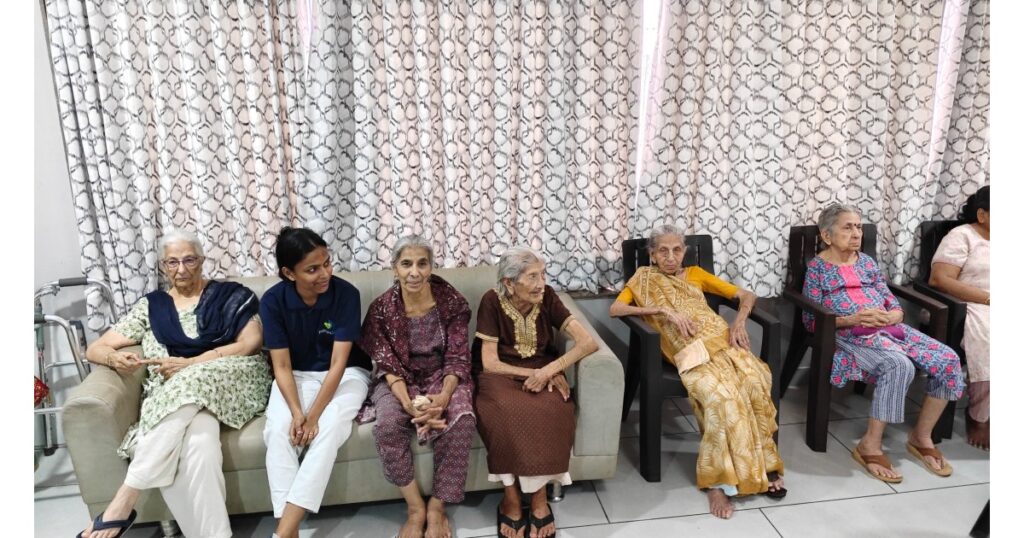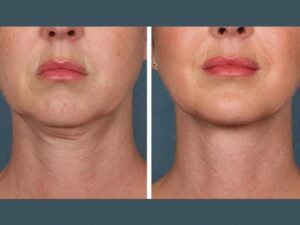
Senior care is a trend that is shifting due to the ageing population. Assisted living services are not simply about basic help in the areas of activities of daily living, but present-day facilities are taking a comprehensive wellness approach whereby the residents’ matters are considered in physical, emotional, mental, and spiritual aspects. This shift indicates an increased realization that senior care is not just a health care management instrument, but a way of improving quality of life, independence, and dignity.
The Changing Ideal of Comprehensive Wellness among the Elderly
The assisted living services model of holistic wellness takes into consideration the fact that the needs of older adults are multifaceted. Conventional paradigms were mainly oriented to the medical treatment and physical support, neglecting emotional and social behavior. Modern holistic programs combine various aspects of health. Assisted living services have care plans that are not only planned with mobility and nutrition in mind but also with mental, emotional strength, social bond, and spiritual self-fulfillment. It is to develop an individual as a whole, so seniors are able to live and not exist only.
Combining Physical Fitness, Nutrition, Mindfulness, and Emotional Support
The holistic vision of senior wellness is based on the strategies that are interconnected. Physical fitness is still a pillar, and programs are offered based on the capabilities of the residents, i.e., low-impact aerobics, yoga, tai chi, or guided strength training. Proper nutrition is used in conjunction with exercise and is based on balanced diets that help to maintain energy levels, mental performance, and the management of chronic illnesses.
Also vital is awareness and mental health. Meditation sessions, creative music therapy, and cognitive training alleviate stress, fight depression, and improve memory storage. Counseling, group discussion, and social events are ways of creating emotional support that enhances community relationships. Most assisted living facilities also offer spiritual resources, such as meditation rooms or interfaith services, where residents can find meaning, reflection, and personal growth.
Holistic Programs Advantages to the Quality of Life and Independence of the Residents
Patients involved in holistic wellness programs usually have better physical health, emotional stability, and cognitive abilities. These advantages can be translated to greater autonomy, because elderly people can do their daily tasks without fear, and have fewer health-related complications. Social interaction will overcome loneliness, which tends to occur in the aging population, and mindfulness and therapeutic practices will add to emotional strength. Families not only see the difference in terms of extended life spans but also in terms of better and more satisfying lives of their loved ones.
Examples of Wellness-Based Care Model Implications at Assisted Living Communities
In the entire country, more and more facilities are at the forefront in providing comprehensive care to seniors. Senior care facilities such as Sunrise Senior Living and Atria Senior Living include wellness centers and fitness classes, and mindfulness programs as part of the facilities. Other smaller boutique communities offer tailored wellness programmes, including physical therapy, nutrition coaching, and innovative arts programmes based on the special preferences of individual residents. Technology is also contributing to wellness classes and telehealth counseling becoming more accessible through the use of virtual classes and counseling.
The Support that Families and Caregivers Can offer to Aging Loved Ones to support their holistic health
The families and caregivers are essential partners in health and well-being. Participation in exercise programs, balanced nutrition, meaningful conversation, and promotion of hobbies help in the overall well-being of the residents. Even the most basic movements, such as going through community gatherings together, engaging in mindfulness activities, and exchanging favorite books and music, can help increase emotional attachment and strengthen a sense of purpose. Engaging loved ones in care planning guarantees that the wellness programs are based on the personal needs and preferences and, therefore, are more effective and meaningful.
Future of Assisted Living Services with Wellness-Focused Approach
The transition to holistic wellness is also a good omen of assisted living services. Facilities are realizing that health is not the cure for disease but the development of life, happiness, and self-reliance. The trends are the individualized wellness technology, integrative therapies, and programs within communities, which are not restricted to facility walls. Assisted living communities are reinventing the concept of aging by endorsing the entire person, mind, body, and soul, and making it a phase of life full of opportunity, connection, and dignity.
To sum up, holistic wellness is not a fad, but a new trend in senior care. Assisted living facilities that incorporate such a strategy give the resident the instruments, the support, and the surroundings that they need to flourish physically, emotionally, and socially. To the families and caregivers, collaborating with such communities means that their loved ones not only live longer, but also live happier, healthier, and wealthier lives. With holistic wellness taking over the senior care, aging with vitality and dignity is not only a possibility, but a reality.

